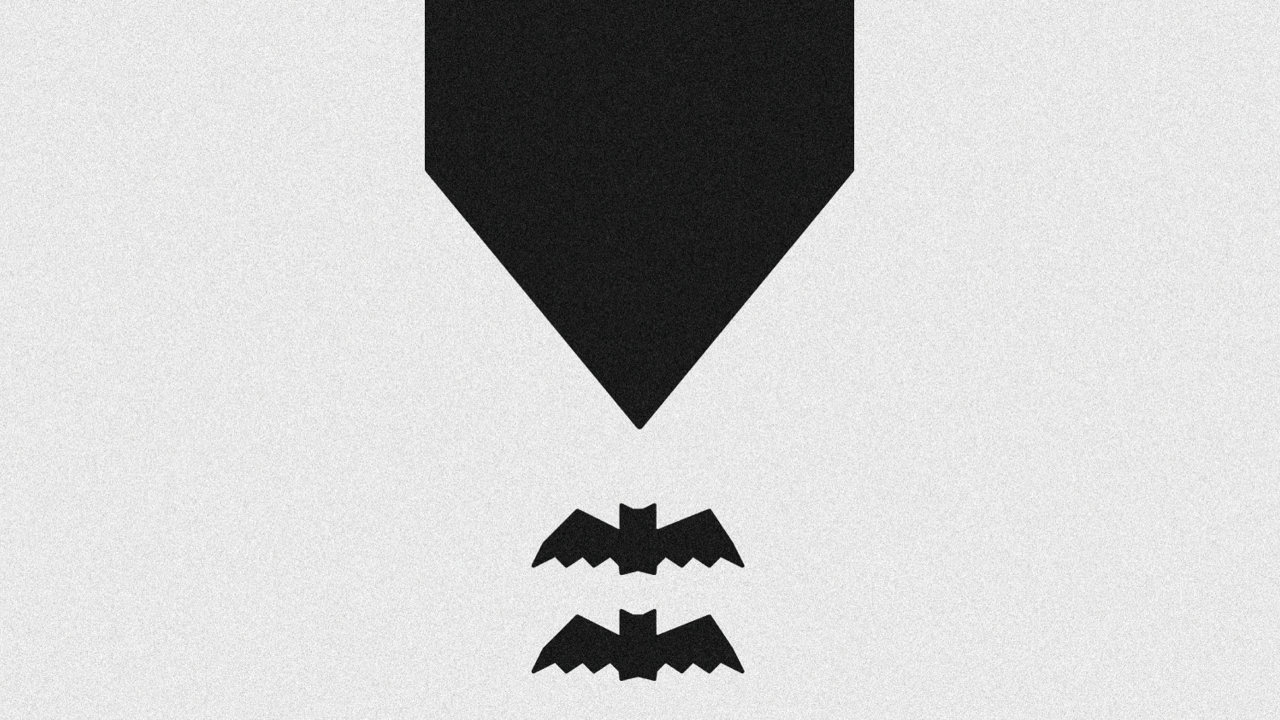Cast a cursory ear over this new release and you could be forgiven for thinking that Motorpsycho are getting all mellow as they get older.
The vocals frequently conjoin into beaming harmonies, guitars shimmer as if blown on a summer breeze, and the tempo rarely breaks out beyond a canter that even Pink Floyd, those masters of mid-paced pomp, might regard as a touch laid back. Yet beneath the agreeably accessible veneer coating parts of album, things are not quite as they seem.
Lilting, savage, steeped in ritual – classic Motorpsycho.
Leaving aside a soaring but relatively faithful cover of Spin, Spin, Spin, HP Lovecraft’s slice of late 1960s psychedelia, the bulk of Here Be Monsters is based on a suite originally commissioned for the centennial jubilee of Oslo’s Technical Museum. Their regular collaborator Ståle Storløkken is absent here, but the music was initially developed in partnership with him. It’s been repurposed to examine more of the murkier recesses of the human condition within which something dark lours – the monsters of the title. The lyrics of dreamily meandering Lacuna/Sunrise evoke the consequences of extreme behaviour, while IMS, initially pirouetting around a prettily cascading piano motif before falling into a pit of savage lead guitar lines, is spiked upon the guilt and recriminations arising from some unspecified transgressions of the flesh.
Ratcatcher, from 2013’s Still Life With Eggplant, provided a thrilling long-form centre to that record. Here that function’s performed by Big Black Dog, which itself clocks in at a little over 17 minutes. Of course, even in prog size isn’t everything - do the ideas and themes contained within this suite bear up to that kind of extended treatment? Yes. It’s an exploration of the seasonal depression that can accompany the long, light-deprived Norwegian winter. The gently lilting melody, spun across chiming chords of the introduction, provides a sunny counterpoint to lyrics which are all about pleading for the sun to stay a little longer. Gradually shifting towards the shadows with Kenneth Kapstad’s rumbling tom-toms trudging to a despondent, martial beat, Snah and Bent Sæther’s vocals become stretched and desperate, rising up in plaintive supplication. It marks the beginning of a remarkably dramatic journey that feels bound to the slow movement of stars, connected to something that is ancient and steeped in ritual and leading to an inevitable, cathartic denouement. In other words, classic Motorpsycho.

